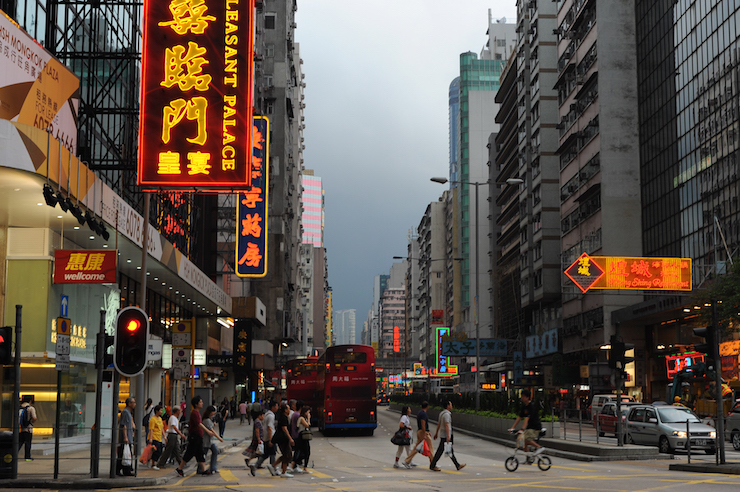The Public Sentiment Index (PSI) has dropped to a level that is among the worst 1% of ratings over the past two decades, the University of Hong Kong Public Opinion Programme (HKUPOP) has said.
The PSI aims to quantify Hong Kong people’s sentiments in order to explain and predict the likelihood of collective behaviour.
“Hong Kong’s Public Sentiment Index plunge[d] by 11.6 points in early December to 61.4. It can be considered as among the worst 1% across the past two decades,” Research Manager of HKUPOP, Winnie Lee Wing-yi said.

The PSI was comprised of two parts: a Government Appraisal (GA) Score and Society Appraisal (SA) Score. The GA measures people’s approval of social governance, whereas the SA measures people’s approval of the social environment. Overall, the SA and GA scores range from 0 to 200, with 100 indicating normal.
With GA went down by 6.3 points and the SA by 10.9. Lee said the GA and SA scores were considered as “among the worst 4% and 3% over the 20 plus years respectively.”

To measure GA, respondents were asked four questions such as “If the Chief Executive election happens tomorrow, and you have a right to vote, will you vote for Leung Chun-ying?” and “Do you trust the Hong Kong government?”
Meanwhile, respondents were also asked four questions regarding the measurement of SA, including “In general, how satisfied or dissatisfied are you with Hong Kong’s present political situation?”
HKUPOP previously conducted other surveys, including Hong Kong people’s affinity towards their own people, ratings of political groups, and the media climate in Hong Kong.
